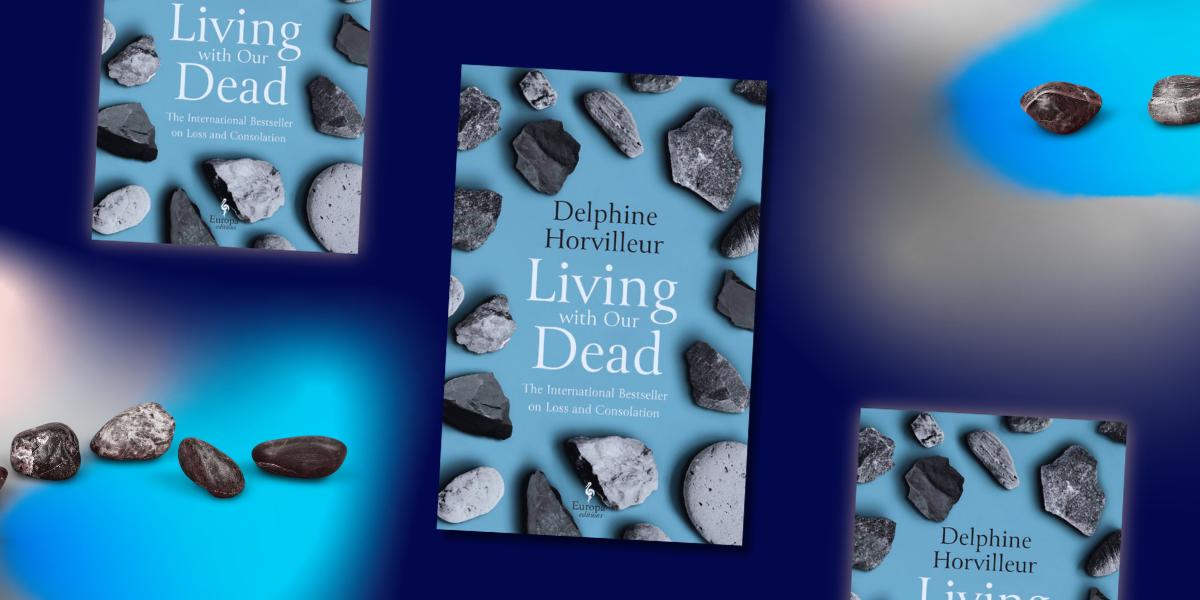Books
‘Living with Our Dead: On Loss and Consolation’

Living with Our Dead: On Loss and Consolation
By Delphine Horvilleur. Translated by Lisa Appignanesi (Europa Compass)
In times of great uncertainty, don’t we all need answers? Rabbi Delphine Horvilleur is too wise to give in to our desire for definitive answers. Rather, she does the holy work of translating the wisdom of the Jewish tradition for those in need. The rabbi, a prominent voice within French Jewry who has spoken out against rising antisemitism and anti-Israel sentiment in her country, provides solace through metaphors and stories rather than simple explanations.
As she writes in the first chapter of this book, originally published in 2021 and translated into English this year, “Knowing how to narrate what has been said a thousand times before, while giving the person who hears the story for the first time unique keys with which to unlock the meaning for themselves—that is my function.”
She does this through short poetic chapters framed largely around the eulogies and funeral ceremonies she has officiated. These include some well-known personalities such as Simone Veil, the politician and Holocaust survivor who had served as president of the European Parliament, and Elsa Cayat, a psychoanalyst killed in the shooting at the Charlie Hebdo magazine headquarters in 2015. There is even a eulogy for the living—an older woman whose family staged her funeral to enable her to stop thinking obsessively about her own death—and meditations on the passing of figures such as the biblical Moses and Israeli Prime Minister Yitzhak Rabin.
One of the many lovely aspects of this slim collection is the rabbi’s explication of Hebrew words. The small stone placed on a grave, she writes in the chapter discussing Cayat’s death, is an ebben. “This word, split into its parts, reveals a combination of ab and ben, meaning parent and child. To place a stone on a tomb is to declare to the one who lies there that he or she is being written into a line of heritage, placed in a chain of generations that prolongs their history.”
Horvilleur carefully combined personal stories, Biblical and rabbinic texts and terms and Jewish history to create this thoughtful volume. This is one of the most powerful and beautifully written books on Judaism that I have been fortunate enough to read.
Beth Kissileff is co-editor of Bound in the Bond of Life: Pittsburgh Writers Reflect on the Tree of Life Tragedy and author of the novel Questioning Return.










 Facebook
Facebook Instagram
Instagram Twitter
Twitter
Leave a Reply